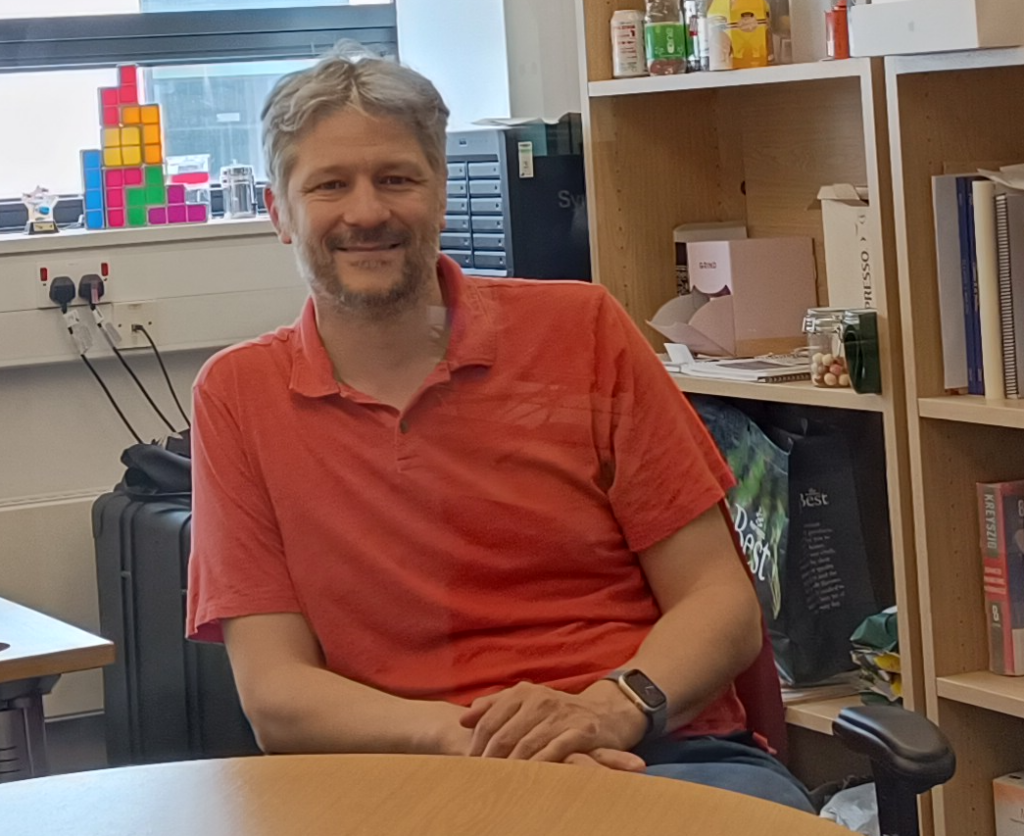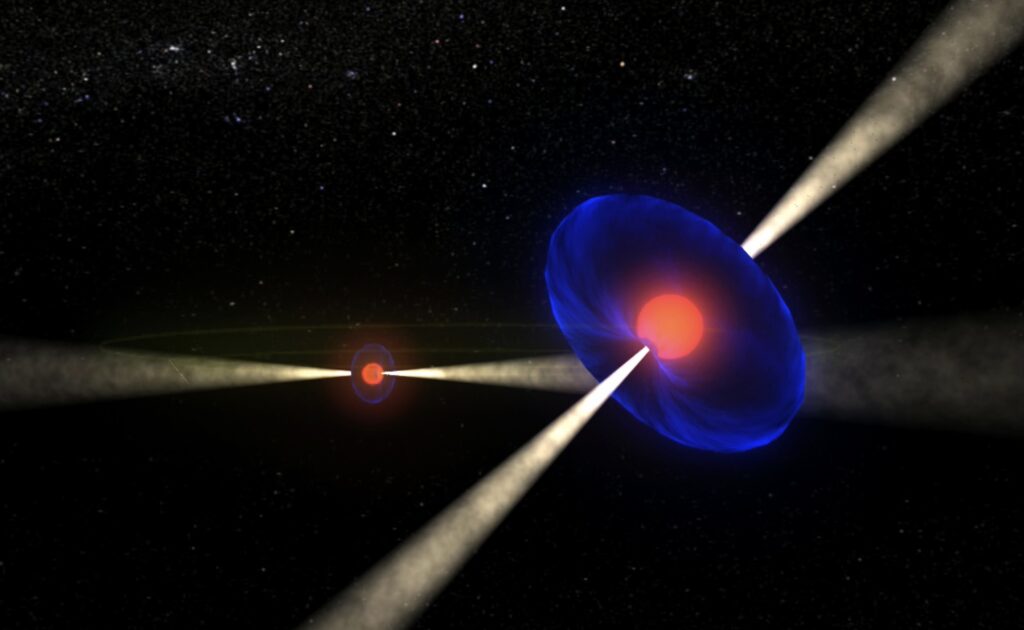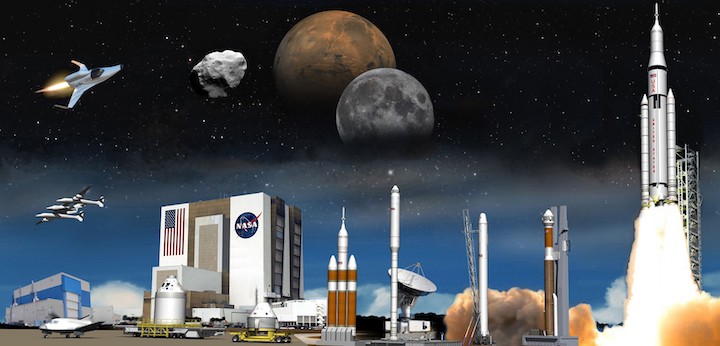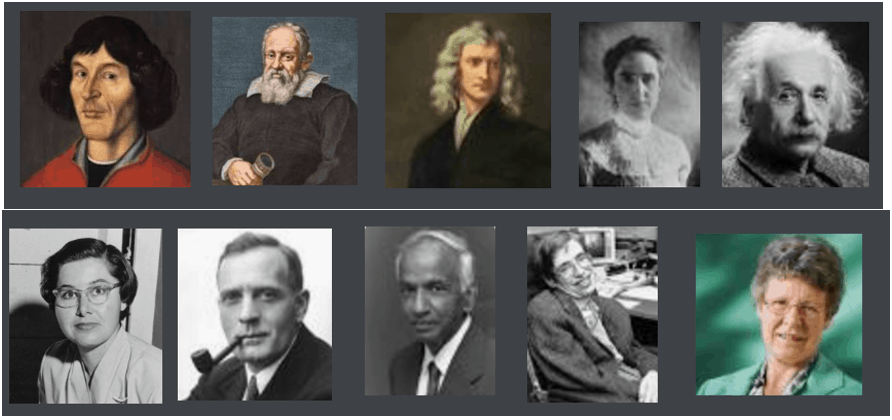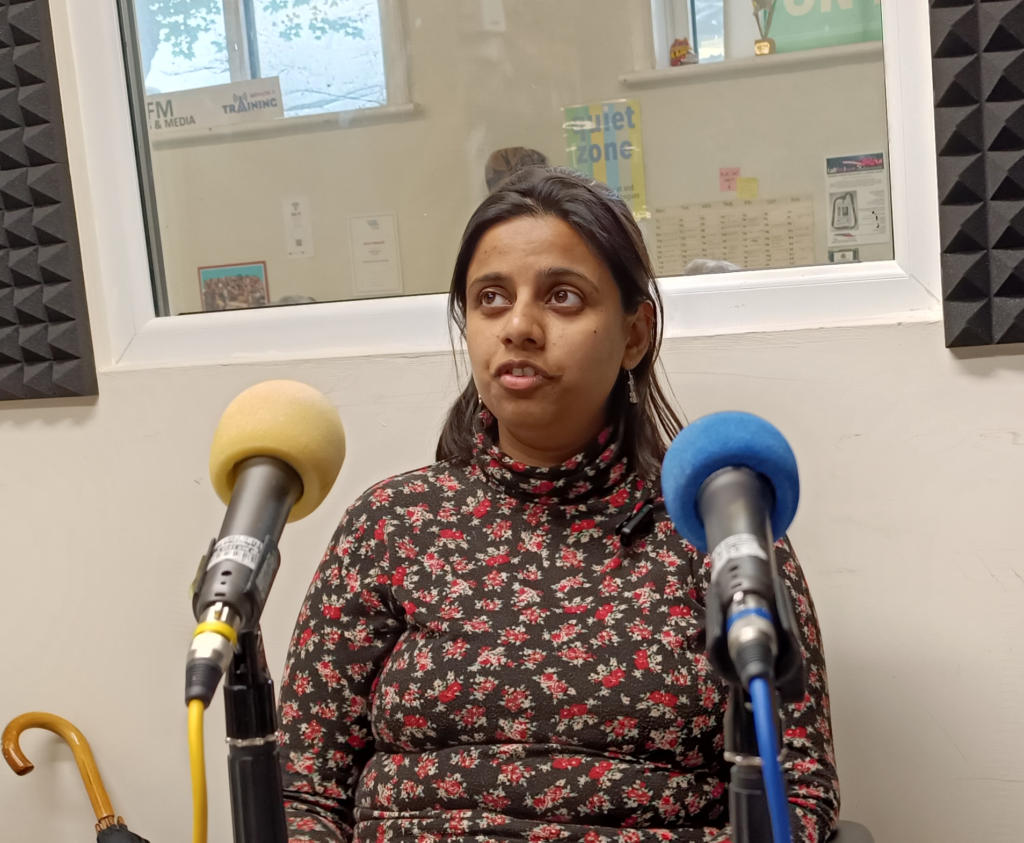
Dr Vasuhandra Shaw is a postdoctoral research Associate at the Jodrell Bank Centre for Astrophysics at the University of Manchester. Her subject of interest is a huge one, and I mean ginormous. It concerns the magnetic field of a Galaxy.
I knew that the Earth and many other objects in the solar system have magnetic fields, but I had no idea about the galaxy as a whole. Our Milky Way galaxy is huge; how do you even begin to understand the magnetic field of something like that? She will explain.
We also spoke about her interesting journey from Lucknow in northern India, where she completed her undergraduate studies, to Pondicheri in southern India, where many people still speak French, where she completed her first Master’s degree; Paris, where she completed her second, and Berlin, Germany, where she completed her PhD.
We also discuss the precarious uncertainty that researchers and academics must endure before securing a full-time post. Not all of them make it that far.
Cliff Richard and astronomer from Yorkshire, Fred Hoyle, who was the Professor Brian Cox of the 1960s, also popped up in our conversation.
Podcast: Play in new window | Download (Duration: 43:55 — 42.1MB) | Embed
Subscribe: Apple Podcasts | Spotify | RSS | More
